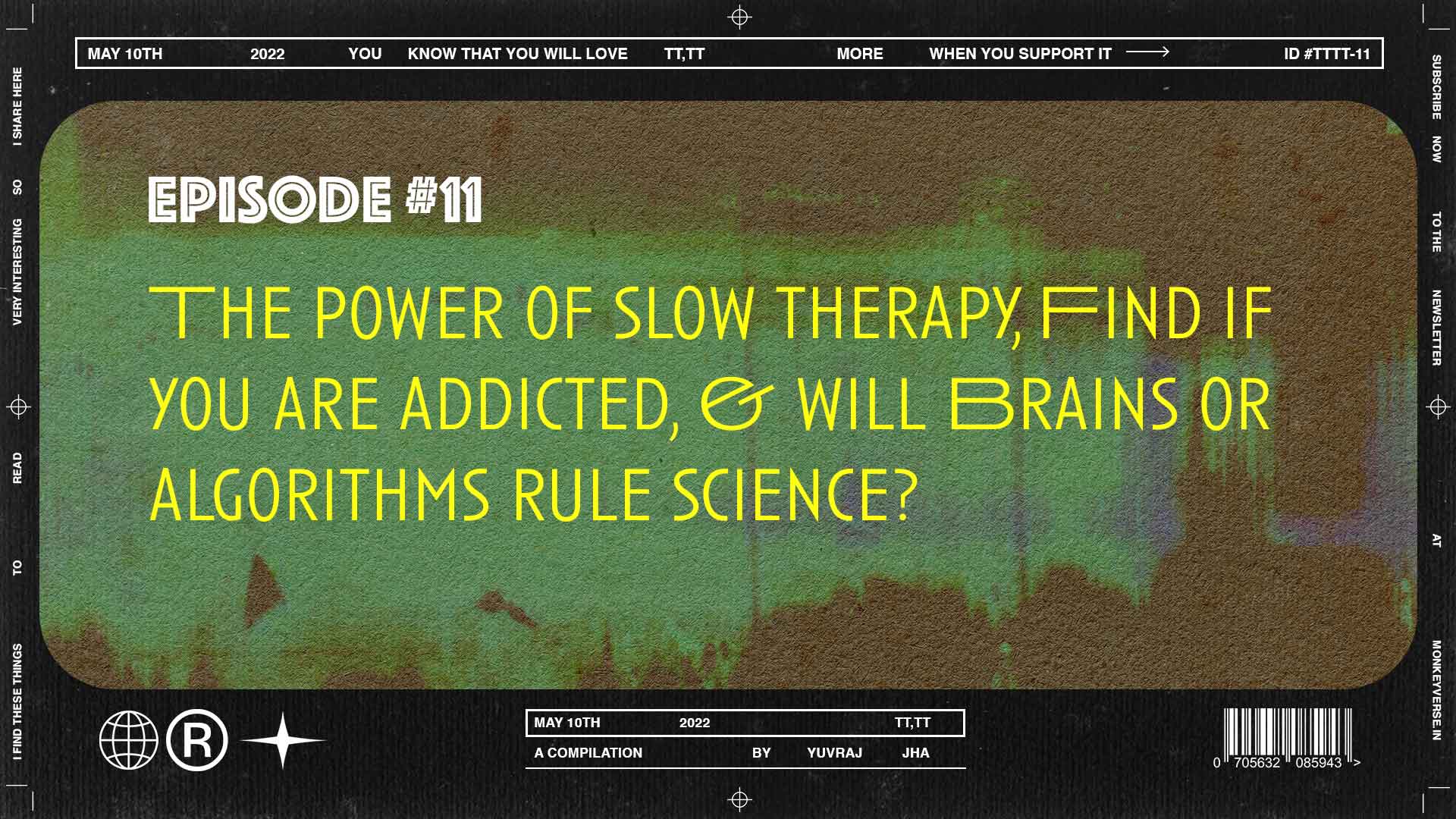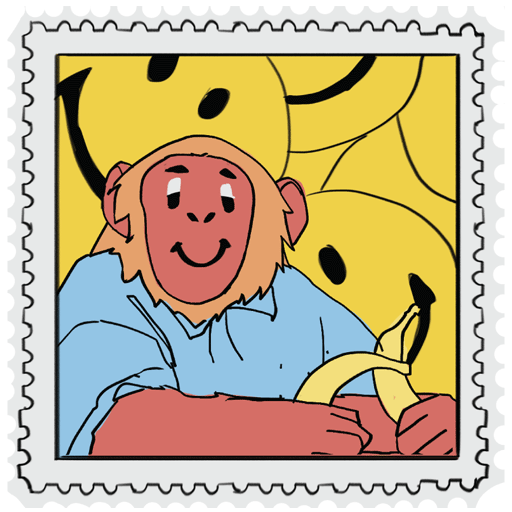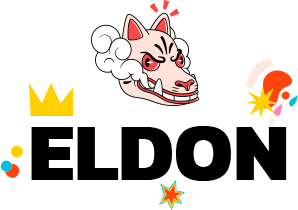
The power of slow therapy, Find if you are addicted, & will Brains or algorithms rule science?
The power of slow therapy, revealed in two pioneering memoirs | Psyche Ideas
Freeman became a passionate advocate for psychoanalysis and she deserves admiration for her valuable contribution to the field, all the more so in our era of evidence-based practice, in which one must strain to hear clients’ voices. Freeman offers us an astute glimpse into the convoluted path that therapy typically takes and she underscores how the relationship to the therapist is crucial to the experience, especially in establishing an environment in which the client can take the lead. Perhaps the most striking indication of her transformation is that she succeeded in writing such creative, self-revealing books.
How to know if you’re addicted | Psyche Guides
Alex, a 28-year-old paramedic, finds himself drinking more than he used to after long days at work. He’s recently had a hard time coping with his feelings. He is irritable most days and brings his frustration home to his girlfriend. Like many people, he has blamed the COVID-19 pandemic for his increase in alcohol use and overall bad mood. His drinking is just a way to unwind, he thinks. Is that true, or is it possible that he has an addiction?
Will brains or algorithms rule the kingdom of science? | Aeon Essays
A schism is emerging in the scientific enterprise. On the one side is the human mind, the source of every story, theory and explanation that our species holds dear. On the other stand the machines, whose algorithms possess astonishing predictive power but whose inner workings remain radically opaque to human observers. As we humans strive to understand the fundamental nature of the world, our machines churn out measurable, practical predictions that seem to extend beyond the limits of thought. While understanding might satisfy our curiosity, with its narratives about cause and effect, prediction satisfies our desires, mapping these mechanisms on to reality. We now face a choice about which kind of knowledge matters more – as well as the question of whether one stands in the way of scientific progress.


Leave a Reply